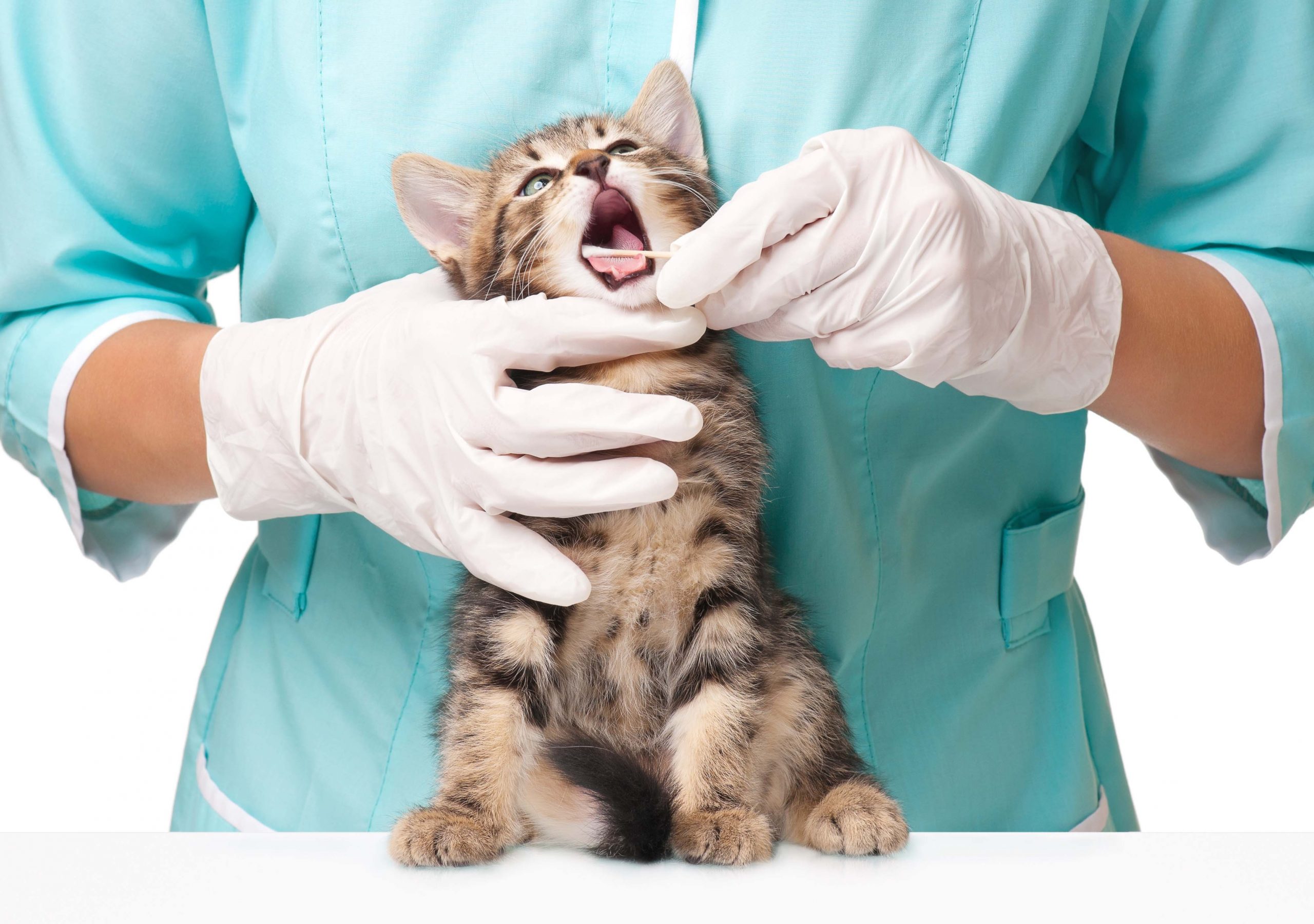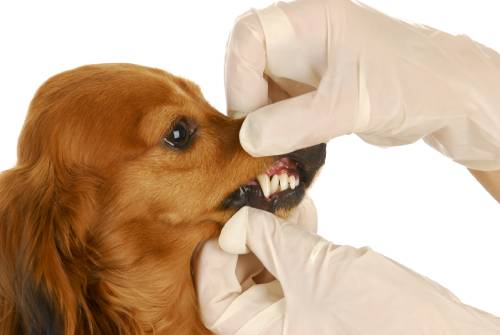Dental health is a very important part of your pet’s overall health, as dental problems can cause other health problems. Your pet’s teeth and gums should be checked at least once a year when visiting Especies Veterinarios to check for early signs of a problem and to keep your pet’s mouth healthy.
At Especies Veterinarios in Valencia, our dental services include:
- Ultrasonic scaling (removes tartar deposits)
- Polishing (smooths minor tooth surface imperfections)
- Fluoride treatment
- Digital dental X-rays (to better evaluate oral health)
- Dental/tooth extractions (if necessary)
The process begins with an oral exam of your pet’s mouth by your veterinarian. X-rays may be needed to evaluate the health of the jaw and the tooth roots below the gumline. Dental cleanings are performed under general anesthesia for the ultimate comfort.
What to look out for
Schedule an appointment with us if you observe any of the following problems:
- Broken or loose teeth
- Extra teeth or retained baby teeth
- Teeth that are discolored or covered in tartar
- Bad breath
- Abnormal chewing, drooling, or dropping food from the mouth
- Reduced appetite or refusal to eat
- Pain in or around the mouth
- Bleeding from the mouth
- Swelling in the areas surrounding the mouth
- Some pets become irritable when they have dental problems, so any changes in your pet’s behavior should prompt a visit to your veterinarian. Always be careful when evaluating your pet’s mouth, because an animal in pain may bite.
Why does dentistry require anesthesia?
When you take your pet in for a dental visit at Especies Veterinarios, the procedures we perform aim to help your pet and keep their mouth healthy. We use techniques to minimize pain and discomfort and continually moderate how our patient is feeling throughout the process. Your pet does not understand the benefit of dental procedures, and he or she reacts by moving, trying to escape, or even biting.
Anesthesia makes it possible to perform the dental procedures with less stress and pain for your pet. In addition, anesthesia allows for a better cleaning because your pet is not moving around and risking injury from the dental equipment. If radiographs (x-rays) are needed, your pet needs to be very still in order to get good images, and this is unlikely without heavy sedation or anesthesia.
Although anesthesia will always have risks, it’s safer now than ever and continues to improve so that the risks are very low and are far outweighed by the benefits. Most pets can go home the same day of the procedure, although they might seem a little groggy for the rest of the day.
Causes of pet dental problems
Although cavities are less common in pets than in people, pets can have many of the same dental problems that people can develop:
- Broken teeth and roots
- Periodontal disease
- Abscesses or infected teeth
- Cysts or tumors in the mouth
- Malocclusion, or misalignment of the teeth and bite
- Broken (fractured) jaw
- Palate defects (such as cleft palate)
Periodontal disease is the most common dental condition in dogs and cats. Early evidence of periodontal disease usually appears by age 3 or 4, and will worsen as your pet grows older if effective preventive measures aren’t taken. Early detection and treatment are critical, because advanced periodontal disease can cause severe problems and pain for your pet. Other health problems found in association with periodontal disease include kidney, liver, and heart muscle changes.
It starts with plaque that hardens into tartar. Tartar above the gumline can often easily be seen and removed, but plaque and tartar below the gumline is damaging, and sets the stage for infection and damage to the jawbone and the tissues that connect the tooth to the jaw bone. Periodontal disease is graded on a scale of 0 (normal) to 4 (severe).
The treatment of periodontal disease involves a thorough dental cleaning and potential x-rays to determine the severity of the disease. Our veterinarians will make recommendations based on your pet’s overall health and the health of your pet’s teeth, and provide you with options to consider.



